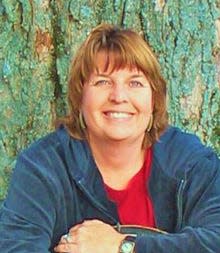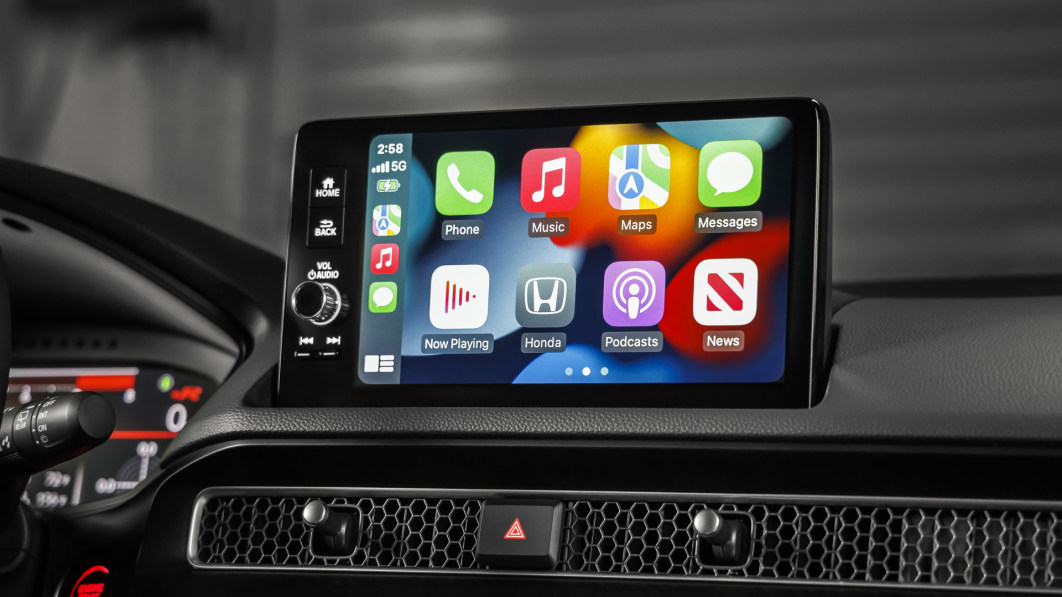Everywhere you turn, people and businesses are trying to “optimize” something. Optimize and its longer form, “optimization”, is one of those buzzwords that drives me crazy. It’s overused to the point it has lost its meaning over time. I hate that. People running around, running their mouths without making much sense. We all run into that kind of thing.
So I went back to the source of explanation and re-read the definition, courtesy of Merriam-Webster: “an act, process, or methodology of making something (such as a design, system, or decision) as fully perfect, functional, or effective as possible” or more specifically “the mathematical procedures (such as finding the maximum of a function) involved in this.”

Please, nobody respond to that definition by saying “perfect” — another ridiculously over-used word. Let’s also gingerly step over the math implications of the concept, and instead focus on the more generalized idea of achieving maximum effectiveness with something.
While I recognize the extreme nerdy implications surrounding what I’m about to confess, there’s little I enjoy more than learning how other schools of thought approach problem-solving. The more I read about or talk to people from other disciplines, the more I come to appreciate where they are coming from and, more importantly, how I can apply that to my own work and personal life.
Many diverse area of commerce are focused on process optimization: to the point they follow similar process steps that lead to maximum effectiveness. That’s noteworthy to me, and might be useful to you, too. For instance, who couldn’t benefit from applying to professional or personal purchases the seven steps, “How to Optimize Your Procurement Process,” as blogged by Julia Lopez (Nov. 30, 2023) at pipefy.com:
-
Review alignment with business (or personal) goals
-
Map your current procurement (or personal purchasing) process
-
Scrutinize each handoff
-
Identify your improvement opportunities
-
Create a list of automation opportunities
-
Create a new map for the improved process
-
Implement, test and deploy.
That’s a reasonable set of steps to follow. Just reading them, I can think of several ways my personal system (or lack of system) for purchasing things could be improved. I can see my well-reasoned vision for major purchases gets scrapped when it comes to making trivial purchases.
How often do we all fail to identify our long-term goals before simply taking action? I’m guilty of not being conscious when it doesn’t seem to matter. Conversely, I sometimes unquestioningly and thoughtlessly follow procedures that were created by someone else and long been in place. Researching how a professional in another area would approach my situation is a great way to spark a more thorough questioning process within myself.
Borrowing ideas from other disciplines can result in not just higher productivity, but greater creativity. In my 20’s, I discovered a book by budding creativity specialist Roger von Oech, who went on to found the California-based consulting firm, Creative Think.
His 1983 book, “A Whack on the Side of the Head: How You Can Be More Creative,” firmly established von Oech as a creativity expert. It also led to his designing an accompanying illustrated deck of cards called “Creative Whack Pack” that featured the main 64 concepts/strategies outlined in the book. Those materials introduced readers to the many angles and importance of creative thinking.
In follow-up books, including, “A Kick in the Seat of the Pants: Using Your Explorer, Artist, Judge and Warrior to Be More Creative” (1986) and “Expect the Unexpected or You Won’t Find It: A Creativity Tool Based on the Ancient Wisdom of Heraclitus” (2001), von Oech further explored the nature and benefits of creativity, as well as how to harness it to improve performance with work and personal pursuits.
Interestingly, the creativity ideas touted by von Oech transcend disciplines and have enabled him to enjoy a four-decade career improving the creativity of anyone who has tuned in, from individuals to major organizations and corporations. The very creativity von Oech is committed to developing in others has helped him to construct a whole industry devoted to the realization of creative potential. The moral to this story? It’s never too late to optimize ideas borrowed from other arenas.
— Kristy Smith’s Different Drum essays are archived at her blog: diffdrum.wordpress.com.
This article originally appeared on The Holland Sentinel: A Different Drum: Optimize borrowing of ideas from other arenas
Signup bonus from




